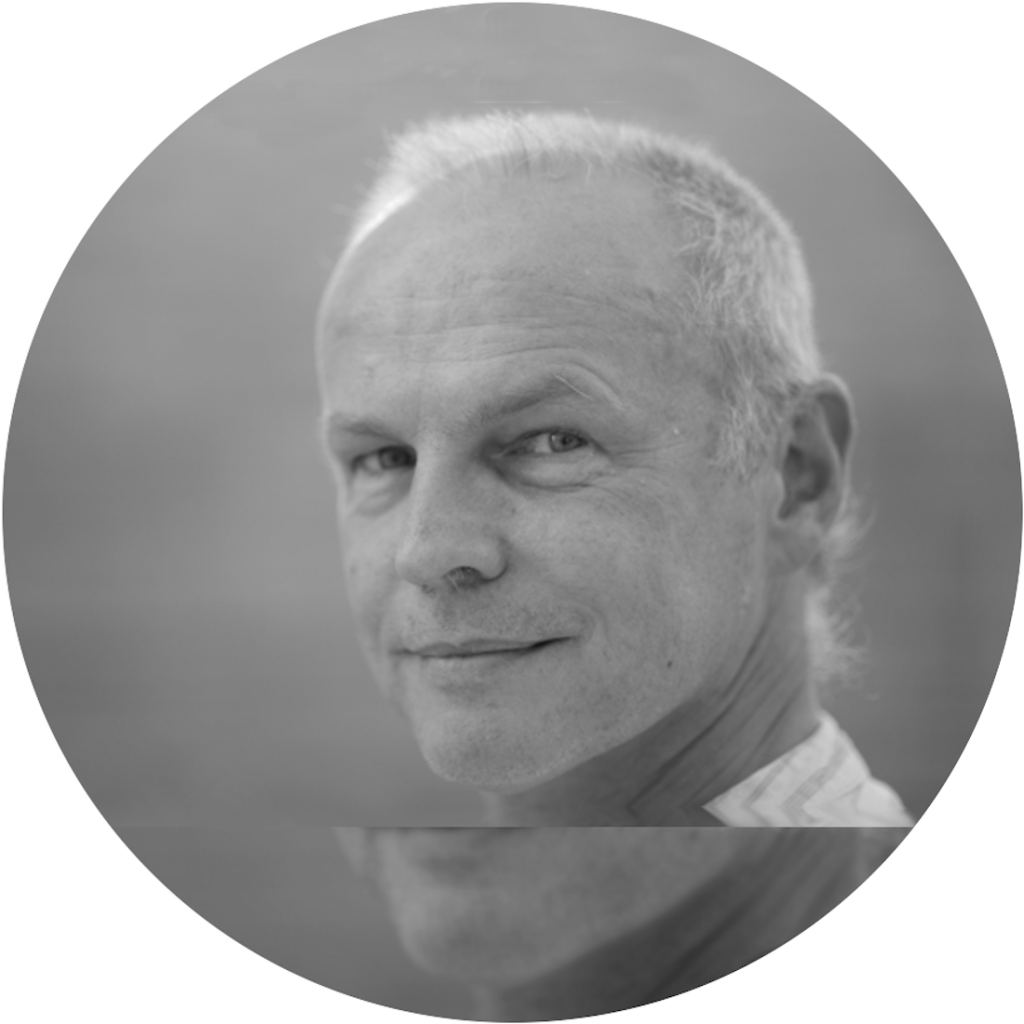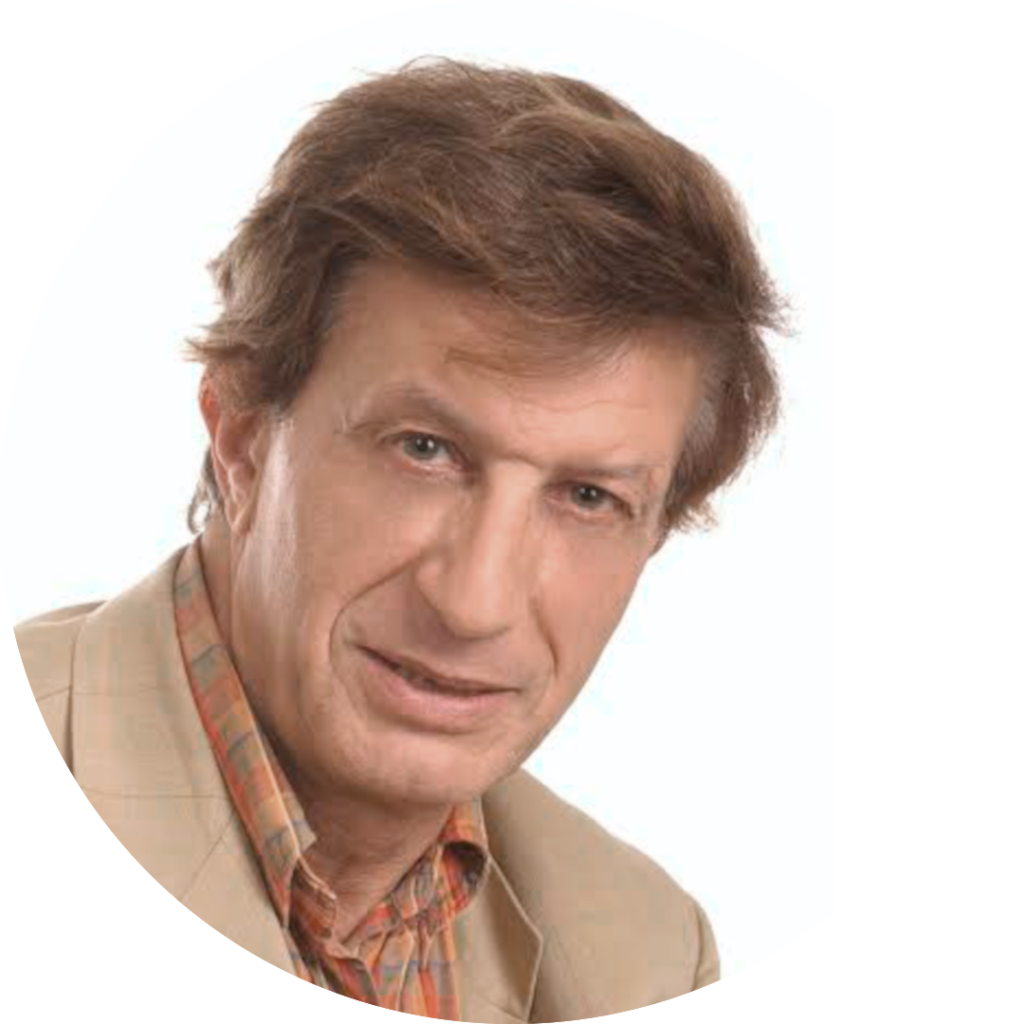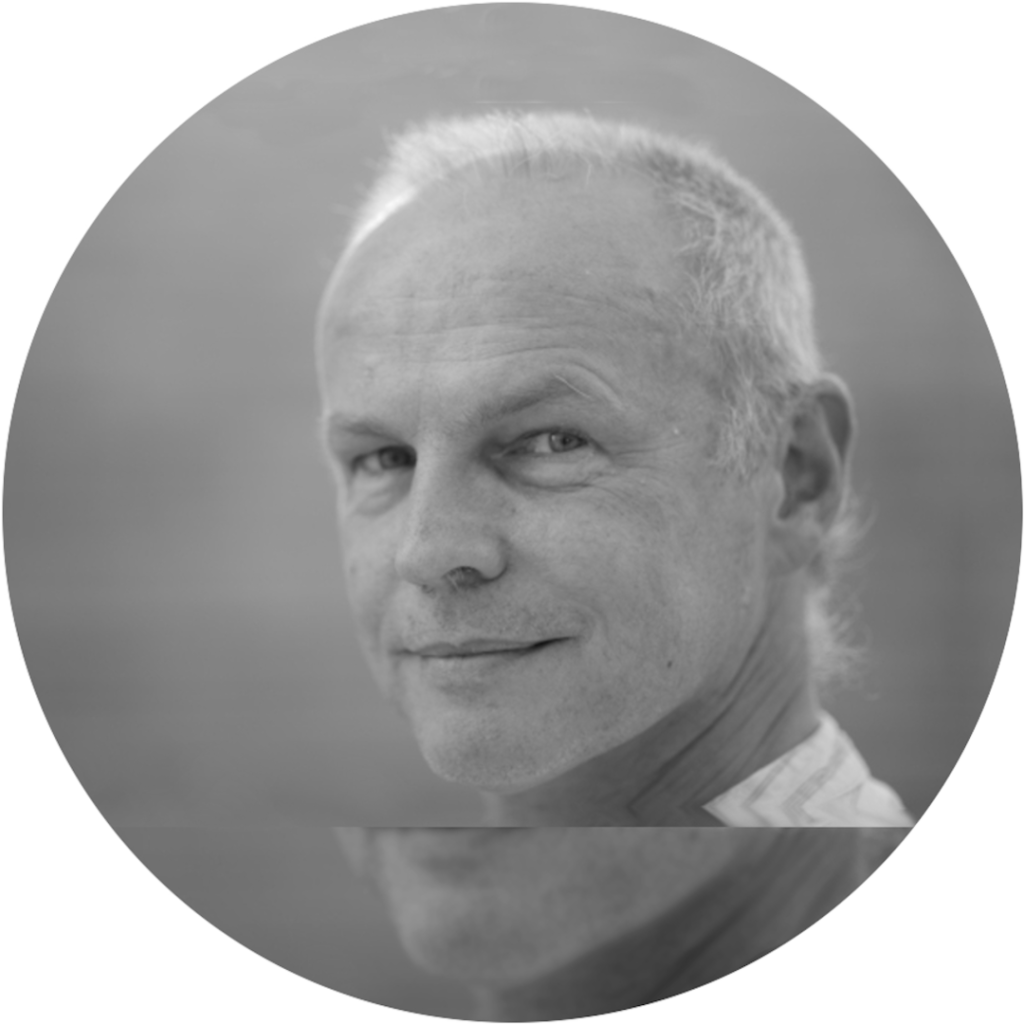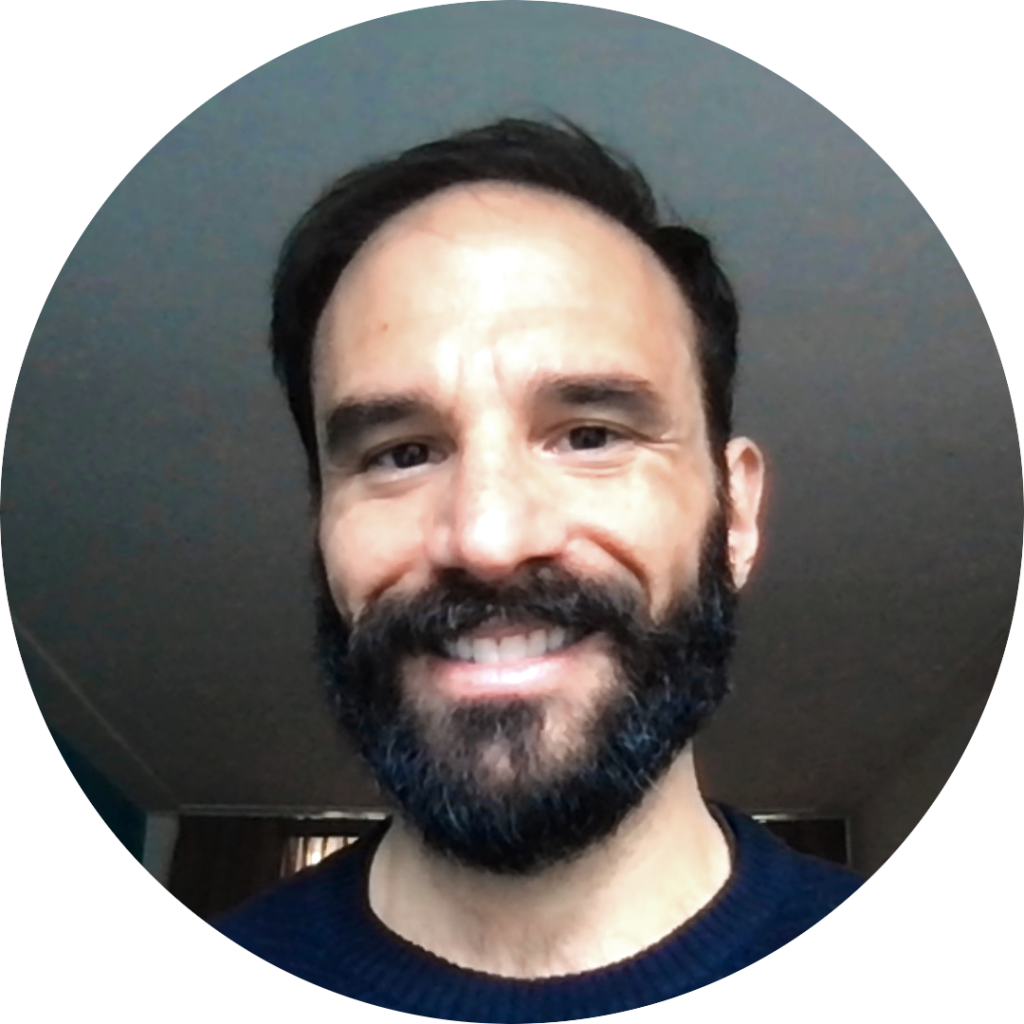Organising Protest:
Where is our Systems Psychodynamic thinking on
SOCIAL MOVEMENTS?
🔖 PRESENTATION
Paper (parallel)
📆 DATE
Thursday 8 Sep 2022
⏰ MELBOURNE TIME
7.00 - 9.00 pm
⏰ LOCAL START TIME
time start

Mr Mark Argent
Consultant, Mark Argent Consulting, UK
Mark Argent’s original training was in spiritual direction and retreat-giving, which lead into a growing interest in group relations and training with the Site for Contemporary Psychoanalysis. He’s also actively involved in British politics and was a Liberal Democrat candidate in the last three UK General Elections.
⏰ DURATION
120 minutes
“Organising protest”, in the light of Lacan’s perverse discourses
Organised protest has become a significant part of public life. Where it could once have been described as “anti-establishment”, the boundaries have become blurred.
In France, En Marche was a movement that became a political party and swept Emmanuel Macron to power. In the UK, the movement for Brexit can be seen as a protest — that’s managed to take control of government. In the US, Black Lives Matter was a protest that sparked a right-wing response that may well have been Donald Trump’s best hope of re-election, and the riots on 6 January 2021 saw the (then) President of the USA sparking a protest riot.
One way of thinking about this is systemic, asking what the protest holds for the system as a whole. But this doesn’t adequately explain how embedded some forms of protest become — such as anti-vaxxers and Covid-deniers — where it seems that facts have disappeared. Nor does it explain how protest can continue despite backfiring — such as the Extinction Rebellion climate change protests in the UK, which have been sufficiently destructive to undermine support for action on climate change.
In his shadow of the protests in France in 1968, Lacan formulated an idea of four discourses, Master, University, Analyst and Hysteric — to think about how people function in relation to the dominant way in which things are operating. Towards the end of his life he started to explore what happens to this when people attempt to deny lack, rather than engage with it, naming new discourses of Capitalism, Politics, the Movement, and Science. Philip Boxer has described these as perverse discourses, suggesting that the understanding of organisations and society needs all eight discourses. Lacanian thinking also suggests that engagement with lack is central to language — so the perverse discourses offer a way to make sense of the rise of “post truth” in public life.
That gives another way to think about organised protest and the way in which some protest movements get stuck where others are able to enable change.
The paper draws on a range of examples. On the journey of the United Reformed Church (UK) to its present gay-friendly position there was a sense that the Lesbian and Gay Christian Movement were so fixated on protesting that they played a minor role in bringing about the change they sought. In contemporary British the discourse of the movement offers a way to make sense of the turmoil unleashed by voting to leave the EU, and the near-impossibility of a meaningful campaign in the 2019 General Election. It also picks up on the dynamics within political parties which makes it difficult to turn “protest” into something that might be capable of being turned into action by being elected.
Kishore Mahbubani has suggested that the absence of a global government is hampering our ability to engage with global issues — such as pandemics and climate change. Another way of looking at the perverse discourses is that they arise from a failure of mature dependency — in a way reminiscent of Earl Hopper’s “basic assumption incohesion: massification / aggregation”. In an increasingly globalised world, dependency on national governments is working less well. Are protest movements one of the symptoms of this? How can that be navigated, as so much of our thinking is still conditioned by thinking along national lines.
References
Philip Boxer (2011): The perverse discourses, https://www.lacanticles.com/2011/10/26/the-perverse-discourses/
Earl Hopper (2003): Traumatic experience in the unconscious life of groups: The fourth basic assumption: Incohesion: Aggregation / Massification or (ba) I:A/M
Kishore Mahbubani (2014): Great Convergence: Asia, the West, and the Logic of One World Paperback
Day(s)
:
Hour(s)
:
Minute(s)
:
Second(s)
Session schedule
5 MINS
Introduction
30 MINS
Paper presentation
20 MINS
Small group discussion; impressions of the paper and developing questions for the presenter
20 MINS
Discussion forum with the presenter; moderated for the speaker to elaborate their ideas
10 MINS
Discussion forum with the presenter; themes from the discussions
5 MINS
Break
30 MINS
Whole symposium open reflection discussion
Share this presentation!
Parallel Paper Presentations
The following are presenting at this time

GILLES AMADO
The Anti-Vax Movement: A gateway to amalgams?

MARK ARGENT
“Organising protest”, in the light of Lacan’s perverse discourses

MARGO LOCKART
“Why He Orders the Steak. An exploration of gender differences within the animal rights movement.”

